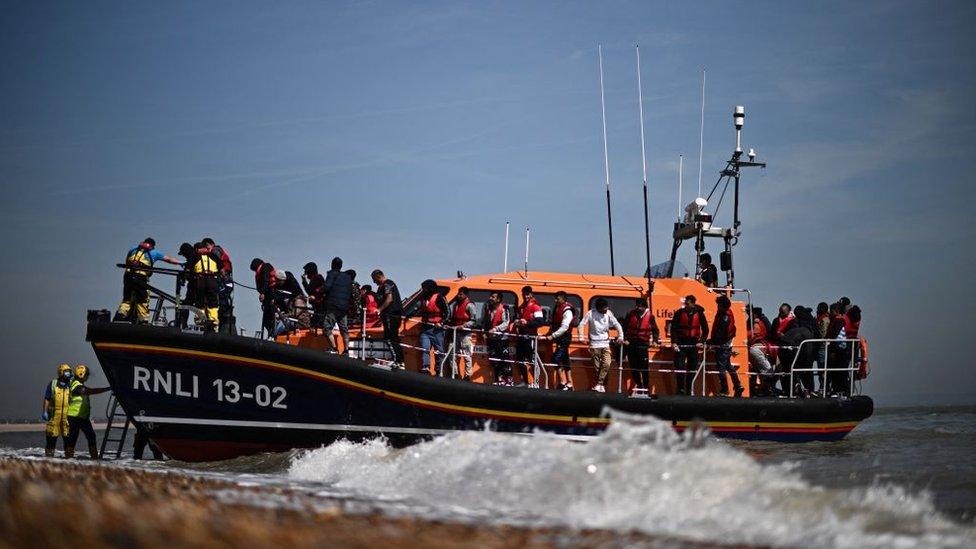PM Rishi Sunak plans treaty with Rwanda following 'unlawful' ruling
- Published
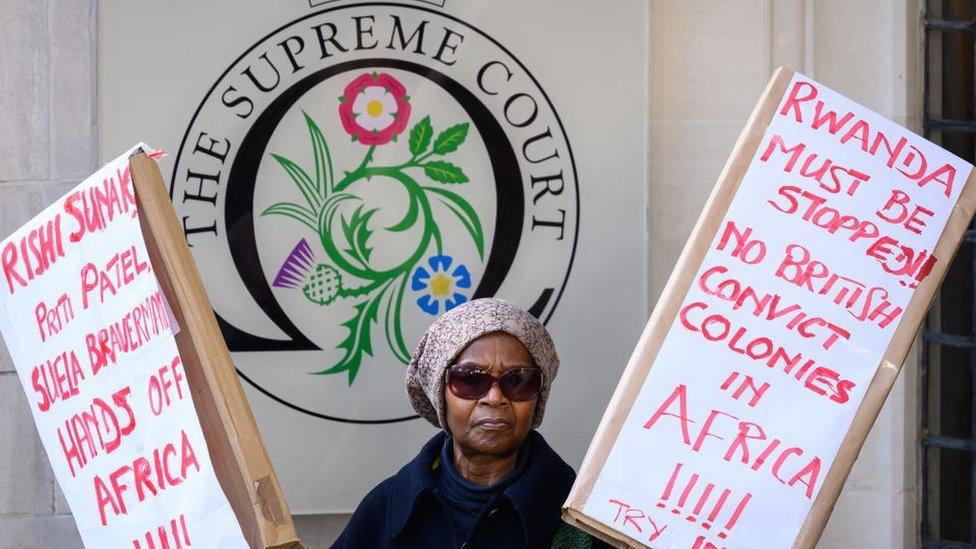
The government's plan to send some asylum seekers to Rwanda has been ruled as 'unlawful' by the UK's Supreme Court.
A five-year deal between the UK and the the East African country was revealed in April 2022 but the first flight scheduled to take asylum seekers to Rwanda was cancelled in June 2022 after legal challenges.
On Wednesday the Supreme Court said that there was a "real risk" asylum seekers sent to Rwanda could be sent back to the places from which they fled - making the government's plan unlawful.
But, following the verdict, Prime Minister Rishi Sunak said that the government is working on a new treaty with Rwanda and emergency legislation to prove that Rwanda is safe.
The PM said the new treaty would protect against the removal of asylum seekers from Rwanda back to their home country and that he was he was determined to "end the merry-go-round" of legal challenges against the government's plans.
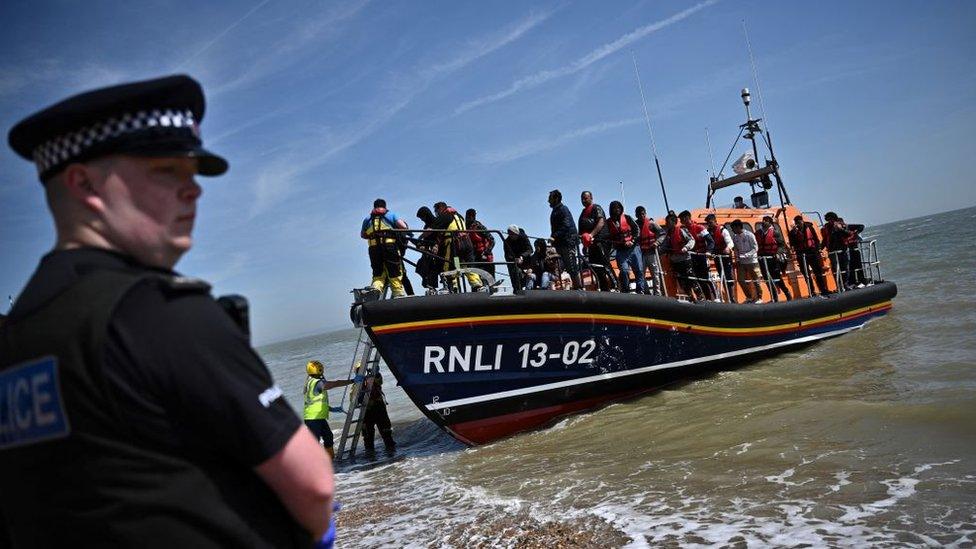
Thousands of people risk their lives every year crossing the English Channel from France to the United Kingdom
An asylum seeker is a person who flees their home country, enters another country and applies for the right to international protection and to stay in that country.
People are meant to ask for asylum in the first safe country where they arrive.
In the UK, whilst someone is seeking asylum they do not have the same rights as a refugee or a British citizen. For example, asylum seekers aren't allowed to work. They must rely on state support. Housing is provided, but asylum seekers can't choose where it is.
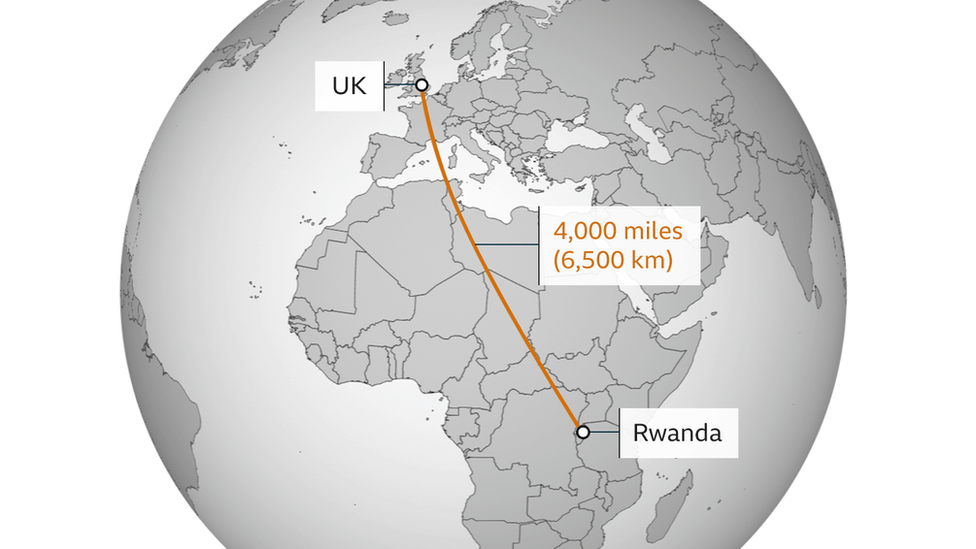
Map showing the distance from the UK to Rwanda
Why was the plan ruled unlawful by the Supreme Court?
President of the court, Lord Reed, said the government's plan to deport asylum seekers to Rwanda was unlawful because there was a "real risk" asylum seekers could be sent back to the places from which they had fled.
As the BBC's Dominic Casciani explains, Lord Reed felt there were "substantial grounds to believe that genuine refugees sent to (Rwanda) could be at risk of being returned to countries from which they have fled - where they could be subject to inhumane treatment".
This Supreme Court ruling upheld a previous ruling by the Court of Appeal, which found that Rwanda was not a "safe country" to send asylum seekers to.
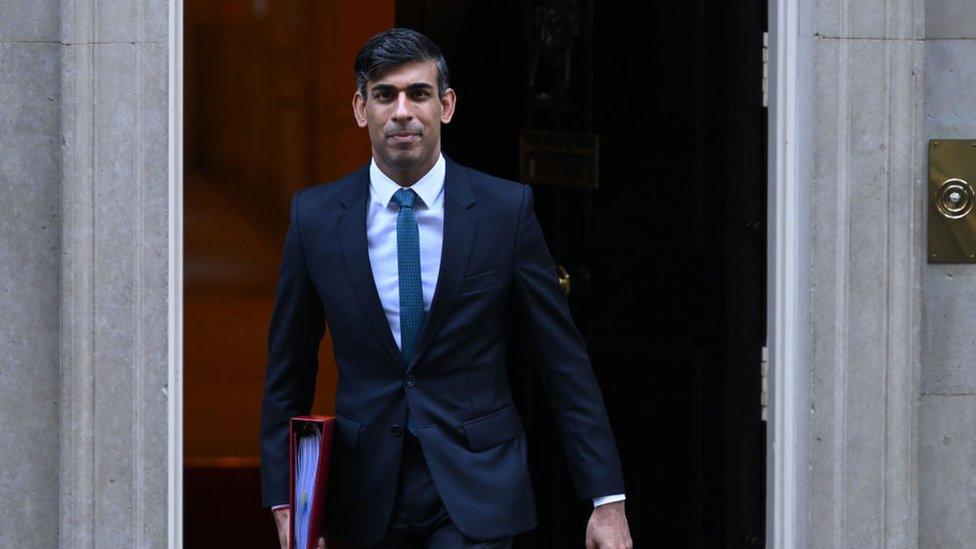
Prime Minister Rishi Sunak said he was considering "next steps" after the Rwanda scheme was ruled unlawful
What have people said?
The opposition Labour party has questioned why a treaty to prevent asylum seekers in Rwanda from being returned back to their home country wasn't drawn-up sooner.
Labour's shadow home secretary Yvette Cooper accused Mr Sunak of "making more promises and chasing more headlines".
Ministers had known what the problems with the scheme were 18 months ago, she said, adding "if they thought this was the answer, why didn't they do it long ago?"
The Rwandan government are unhappy about the ruling, saying "we do take issue with the ruling that Rwanda is not a safe third country".
"We take our humanitarian responsibilities seriously, and will continue to live up to them," spokeswoman Yolande Makolo said in a statement on the Rwandan government's behalf.
Prime Minister Rishi Sunak said "this was not the outcome we wanted", adding he is working on a new treaty with Rwanda following the ruling on Wednesday.
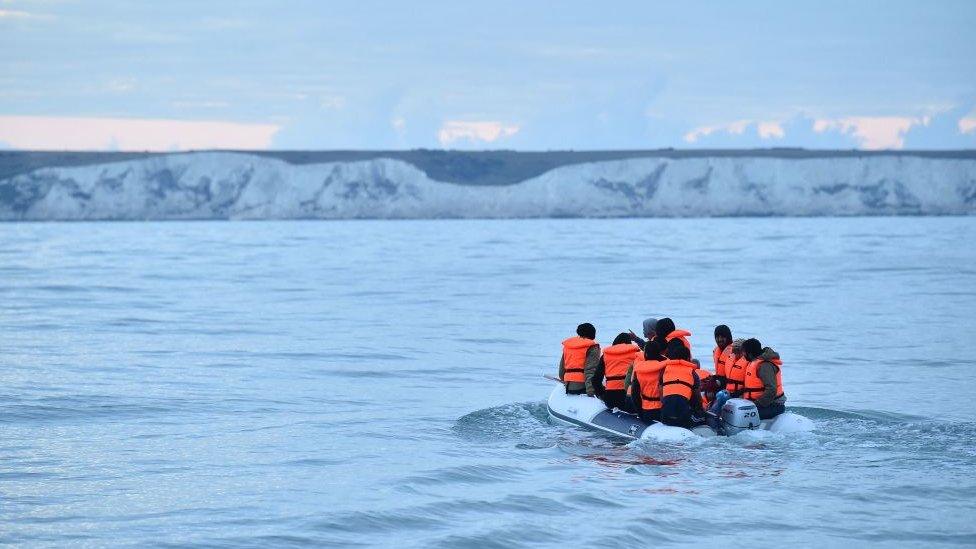
Home Secretary James Cleverly suggested that the government will be looking for other ways to deter people trying to enter the UK illegally or to seek asylum
Speaking to reporters at a Downing Street press conference, Mr Sunak said the new treaty and emergency legislation would address concerns and confirm Rwanda was a safe country.
But he said the plan could face further challenges.
"We must be honest about the fact that even once Parliament has changed the law here at home, we could still face challenges from the European Court of Human Rights," he said.
"I will not allow a foreign court to block these flights," Mr Sunak added.
While the court has said the government's plan is unlawful, a poll by YouGov of more than 4,000 UK adults found that nearly half of those they surveyed supported the plan.
A treaty is an agreement between two or more countries that is governed by international law.
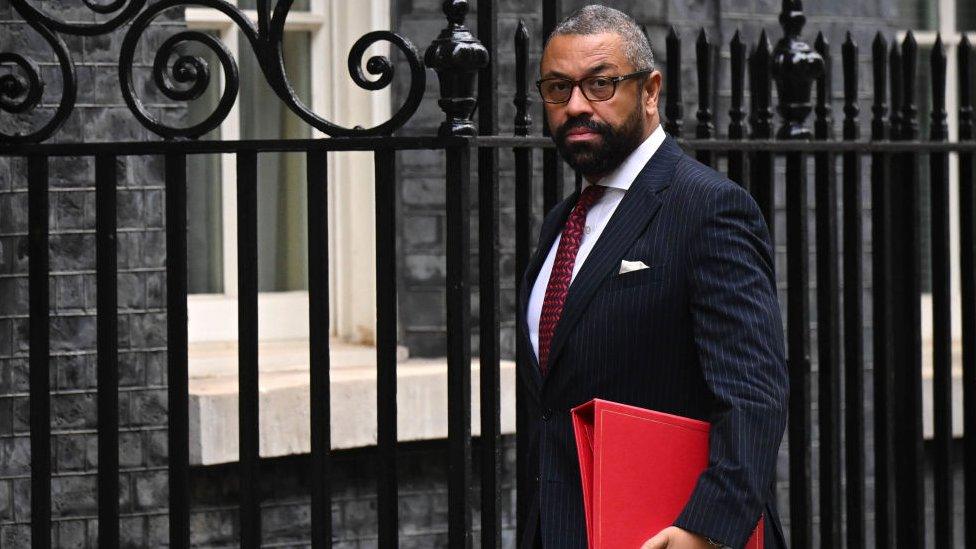
Home Secretary James Cleverly said that the government "will do whatever it takes to stop the boats"
They found 28% strongly supported the plan, with 20% "tending to support" it.
24% of respondents strongly opposed the plan.
The UNHCR - the UN's refugee agency - "welcomed" today's judgement by the Supreme Court.
Charity Asylum Aid said the government must "abandon the idea of forcibly removing people seeking asylum to third countries", describing these plans as "cruel and ineffective".
And Labour leader Keir Starmer says the Rwanda proposals have been a "ridiculous, pathetic spectacle".
But Home Secretary James Cleverly suggested that there was a desire to find an alternative plan to deport asylum seekers, saying there was a plan to "upgrade to a treaty" with Rwanda "as soon as possible".
- Published17 April 2022
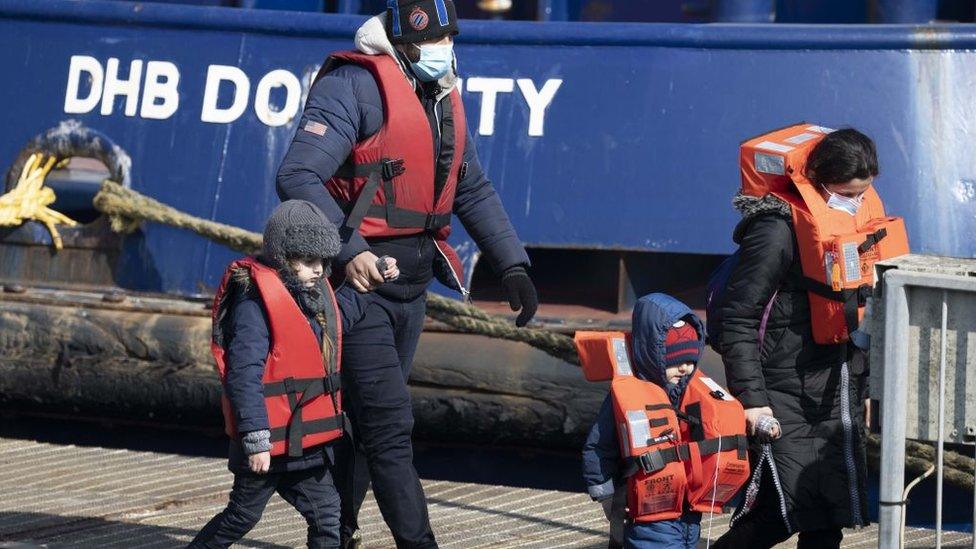
- Published15 June 2022
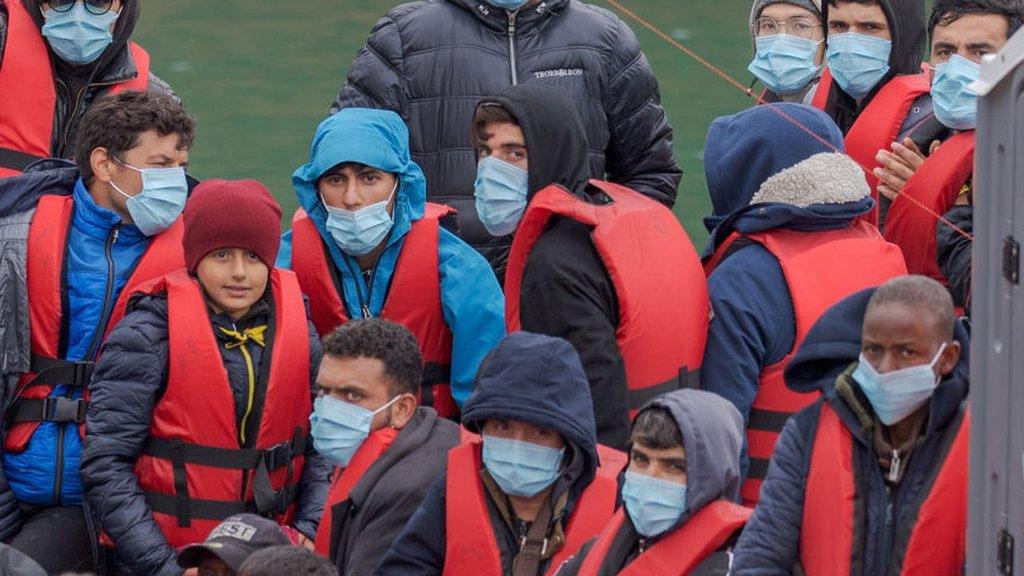
- Published29 June 2023
